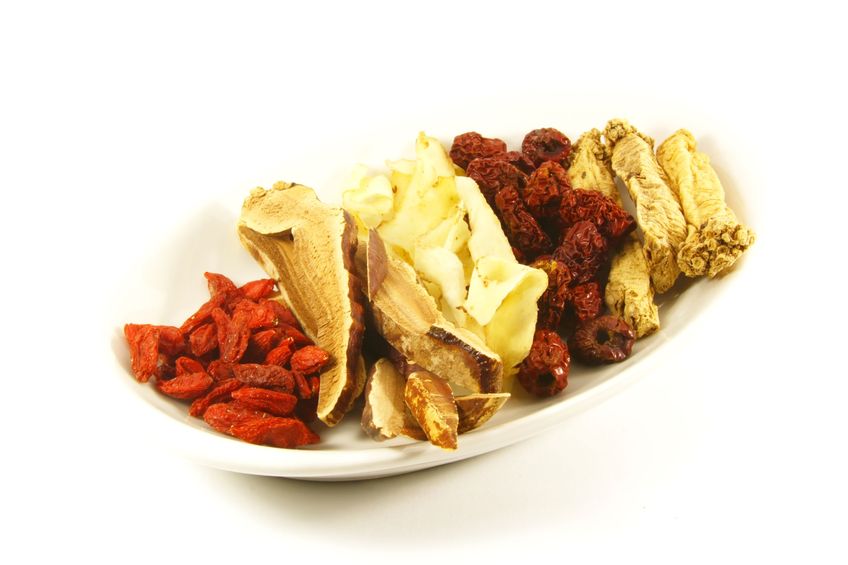Good Manufacturing Practice (GMP) is a global system for ensuring that products are consistently produced and controlled according to quality standards. It is designed to minimize the risks involved in any pharmaceutical production that cannot be eliminated through testing the final product and a critical tool to ensure safety of Chinese herbal medicinals.
GMP covers all aspects of production from the starting materials, premises, and equipment to the training and personal hygiene of staff. Detailed, written procedures are essential for each process that could affect the quality of the finished product. There must be systems to provide documented proof that correct procedures are consistently followed at each step in the manufacturing process – every time a product is made.
GMP refers to the Good Manufacturing Practice Regulations. The United States enforces the regulations through the US Food and Drug Administration under the authority of the Federal Food, Drug, and Cosmetic Act (See Chapter IV for food, and Chapter V, Subchapters A, B, C, D, and E for drugs and devices.) These regulations, which have the force of law, require that manufacturers, processors, and packagers of drugs, medical devices, some food, and blood take proactive steps to ensure that their products are safe, pure, and effective. GMP regulations require a quality approach to manufacturing, enabling companies to minimize or eliminate instances of contamination, mix-ups, and errors. This in turn, protects the consumer from purchasing a product which is not effective or even dangerous. Failure of firms to comply with GMP regulations can result in very serious consequences including recall, seizure, fines, and jail time.
GMP regulations address issues including record keeping, personnel qualifications, sanitation, cleanliness, equipment verification, process validation, and complaint handling. Most GMP requirements are very general and open-ended, allowing each manufacturer to decide individually how to best implement the necessary controls. This provides much flexibility, but also requires that the manufacturer interpret the requirements in a manner which makes sense for each individual business.
GMP is also sometimes referred to as “cGMP“. The “c” stands for “current,” reminding manufacturers that they must employ technologies and systems which are up-to-date to comply with the regulation. Systems and equipment used to prevent contamination, mix-ups, and errors, which may have been “top-of-the-line” 20 years ago, may be less than adequate by today’s standards.
Assurance of the safety and quality of Chinese herbal medicinals is an important consideration for consumers today. A GMP is an important enhancement to herbal safety management system, which increases customers’ confidence in a commitment to trading and producing safe, high quality food.

